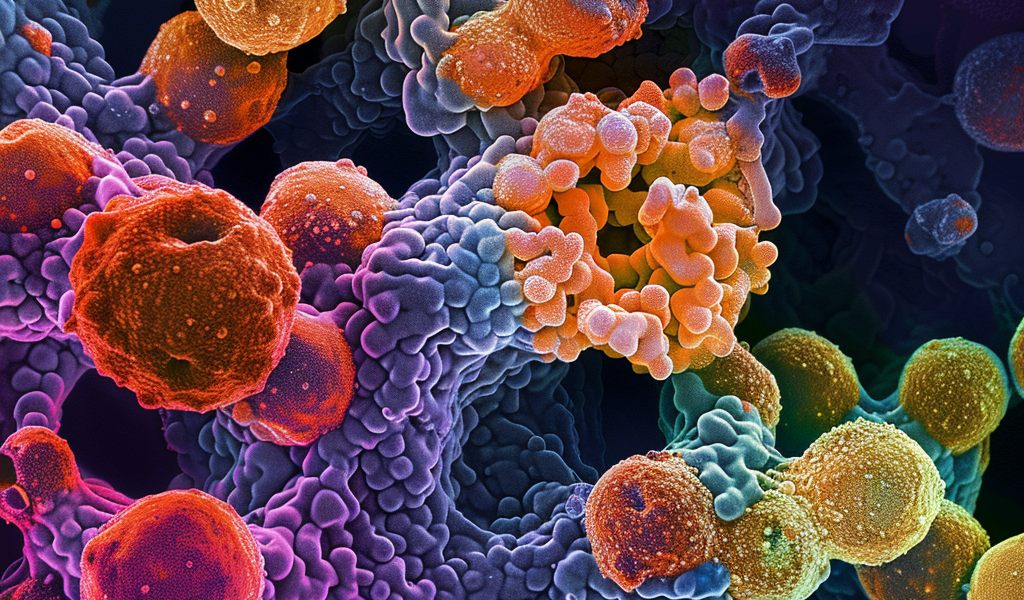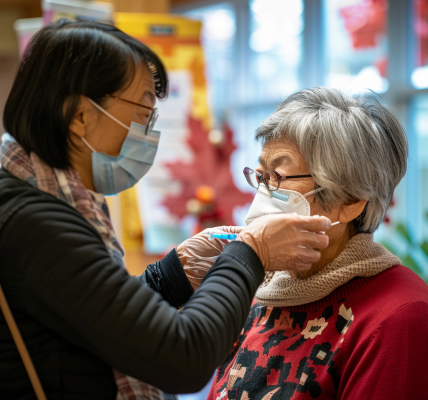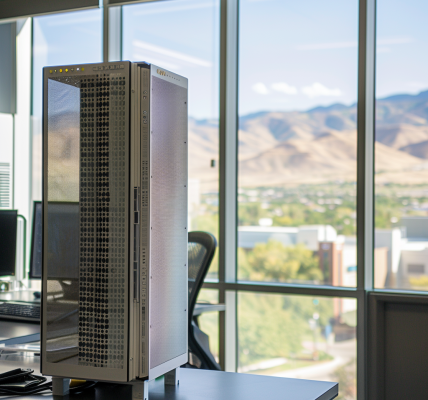A recent study led by clinician-scientists and researchers from the National Cancer Centre Singapore (NCCS) and A*STAR’s Genome Institute of Singapore (GIS) has shed light on the hidden complexities within liver cancer. Funded by the National Research Foundation Singapore (NRF), the study revealed unexpected molecular heterogeneity within liver tumors, with more than 40% of hepatocellular carcinomas (HCC) containing multiple molecular subtypes within the same tumor.
Published in the Journal of Hepatology on May 21, 2024, the findings suggest that the clinical outcomes for patients with liver cancer are best predicted by the most aggressive subtype present in their tumors. This phenomenon, termed the ‘bad apple effect,’ underscores the importance of comprehensive sampling in studying and treating liver cancer to optimize patient outcomes.
In Singapore, liver cancer ranks as the third leading cause of cancer-related deaths in males and the fifth in females. HCC, the most common form of primary liver cancer, lacks validated predictive biomarkers, making it challenging for doctors to determine the most effective treatment for individual patients. This contributes to the lower effectiveness of treatments for liver cancer compared to other common cancers.
To address this clinical gap and enhance HCC treatment, the PLANet study (Precision Medicine in Liver Cancer across an Asia-Pacific Network) examined over 600 tumor and adjacent normal samples from 123 HCC patients in Singapore, Malaysia, Thailand, and the Philippines. Utilizing a multi-regional sampling approach, the researchers conducted in-depth profiling of genomic and cellular heterogeneity within each tumor to assess their impact on disease progression.
Supported by NRF under the National Medical Research Council (NMRC) Open Fund-Large Collaborative Grant and administered by the Singapore Ministry of Health, this study uncovered unexpected intratumoral heterogeneity in the HCC transcriptome, which influences tumor cell behavior. The study highlights that the current practice of obtaining a single sample from liver cancer tumors may not fully capture the complexity of the tumor, limiting the understanding of the entire tumor ecosystem.
This heterogeneity within liver cancer tumors may explain the challenges in developing effective therapeutics for HCC. By recognizing and addressing the diverse molecular subtypes present within liver tumors, researchers aim to improve treatment strategies and outcomes for patients battling this aggressive form of cancer.





